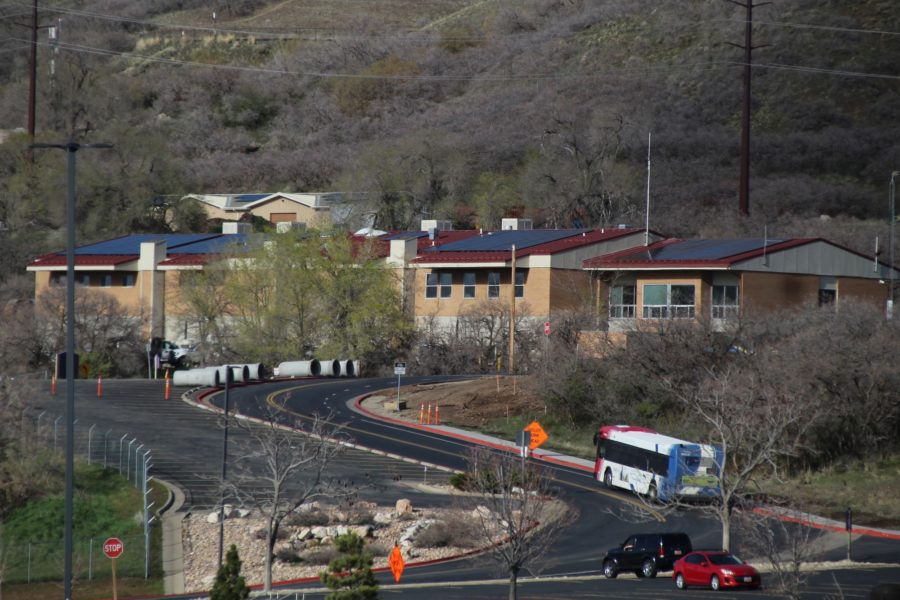It’s officially springtime in Ogden and that means it’s time for the Weber State University Medical Laboratory Science and Microbiology departments to conduct their annual Fecal Fest competition.
According to Kendal Beazer, associate professor of microbiology, about thirty students from his Microbiology 2214 class will be hitting the roads, trails and farm fields near and far in search of all forms of fecal matter.
While some may question the purpose of the event, Beazer said that the annual event has a long and glorious history at WSU.

According to Kent Criddle, MLS lab manager, the first Fecal Fest event was held roughly 35 years ago — during the time that Professor Roger Nickels was in charge of the microbiology class.
Professor Nickels eventually turned the program over to Professor Scott Wright who continued the Fecal Fest tradition until he too retired, leaving Professor Beazer to take over this year.
The real purpose behind the Fecal Fest is to combine an educational event with a entertaining activity, according to Beazer.
The educational aspect is that microbiology students have the opportunity to learn how to identify, collect, process and examine samples of fecal matter in the real world. The fun part is that students get a chance to get out and explore Ogden.
Beazer said that some of the student-collected samples contain parasites that may be dangerous to the animals they come from — and dangerous to people as well — so it is important for students to be able to identify these parasites.
The event also has a contest portion in which students compete to see who can identify the most parasites in a single sample.
Professor Beazer, who participated in Fecal Fest when he was a student in Professor Wright’s class, said that he identified three different parasites in one of the sample’s he collected.
Beazer said the winning record for the most parasites collected and identified is four.
While most students find success, Beazer said that some students have collected samples in the past only to later discover they had collected rocks instead of fecal matter.
Kandi Tait and Ashley Hodges, former students in the class, said that students who collect rocks instead of fecal matter earn themselves the title of Rock Queens or Rock Kings for their efforts.
Beazer said he hopes sending students out into the field will also help them to learn to distinguish fecal matter from rocks and other substances.
Each student is encouraged to devise a strategy for collecting samples.
One student, Mace Knowlton, is planning to “take a hike in the wilderness” around WSU.
WSU student Courtney Waters said she plans to collect samples at her parents’ farm in Hooper, where horses and a goat live.
Annie Anderson and Erica Hooton plan to visit local farms in the area in search of samples.
All-in-all, Professor Beazer said he thinks that Fecal Fest 2017 has the potential to be yet another interesting, educational and enjoyable event.




















